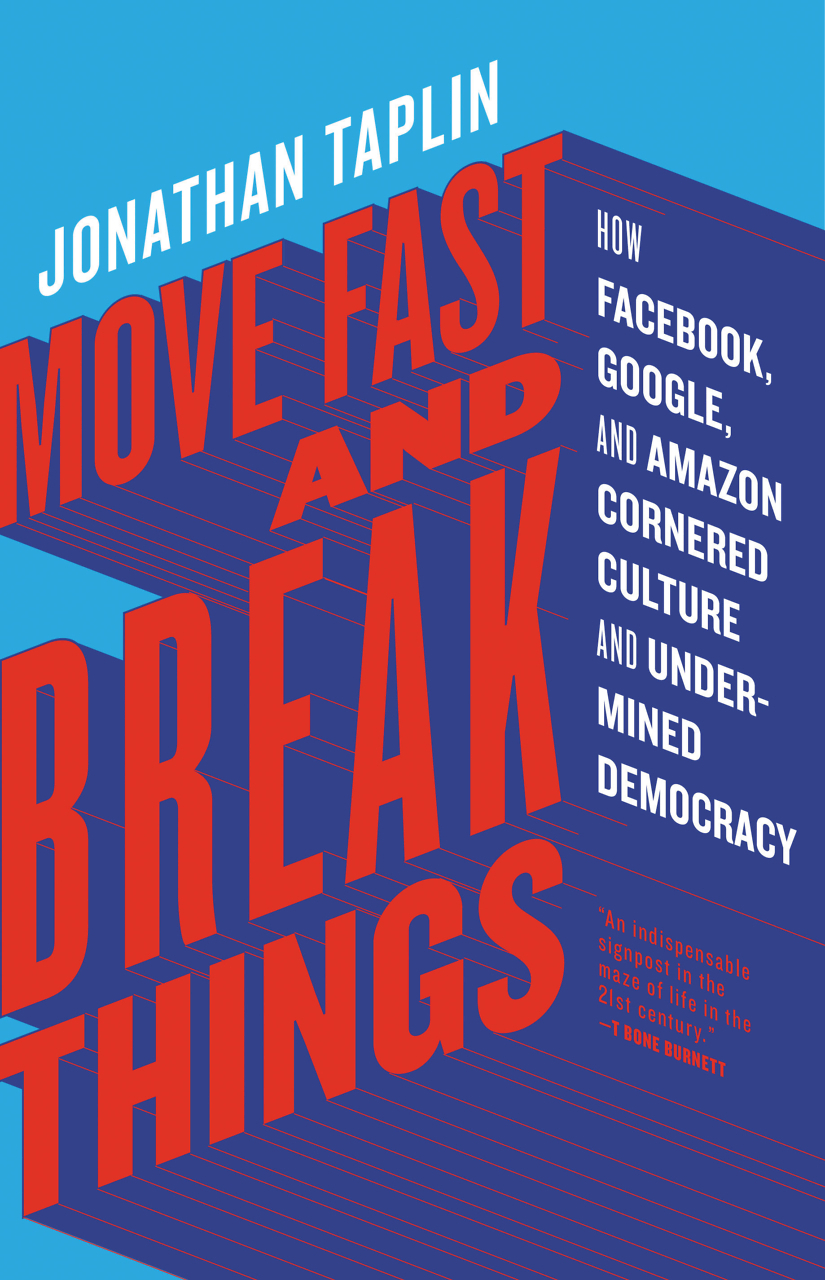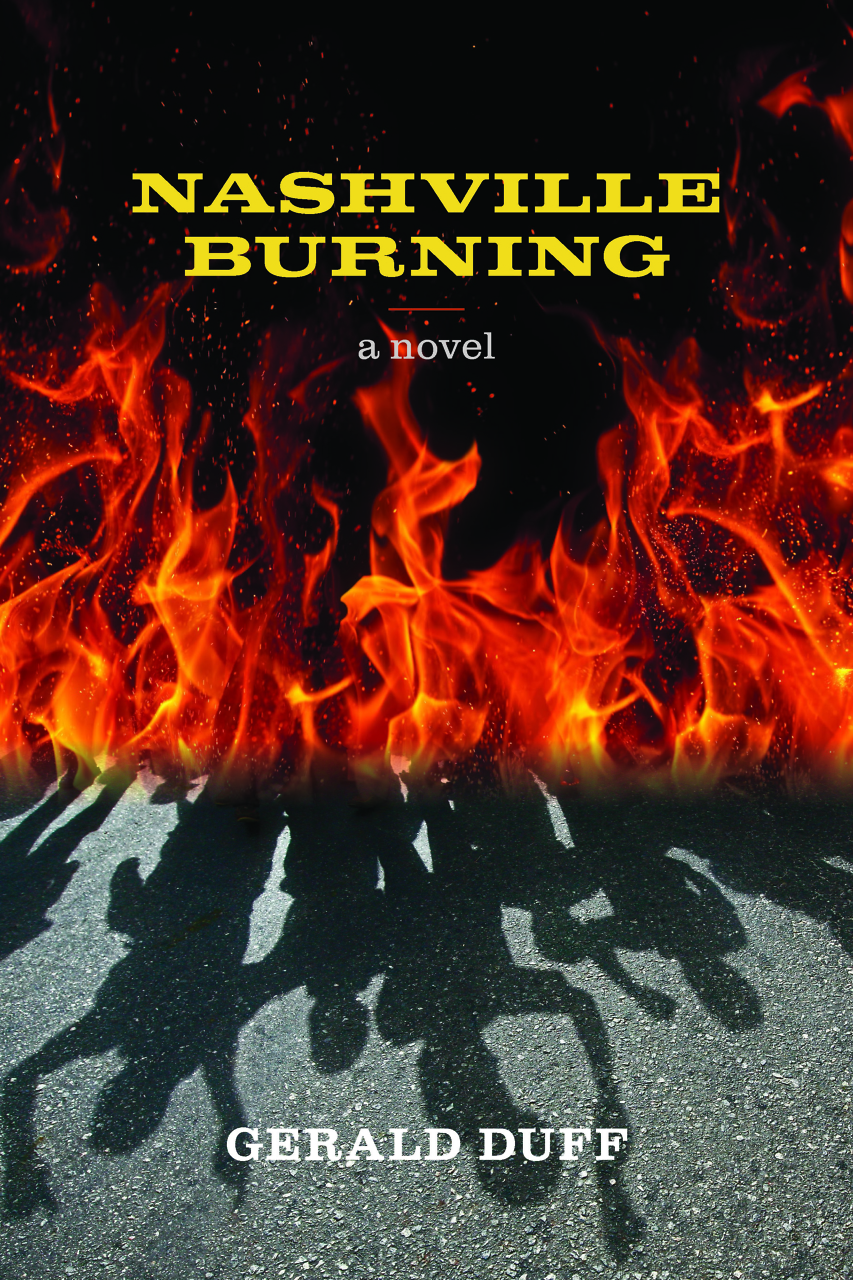A Story of Women and Power
Toil and Trouble surveys witchy history
The story of the occult is largely the story of women and power. Pick any era, pick your practice — Wicca, tarot, astrology, and magical herbalism, among others — and you’ll find women at the center of the narrative, blazing their own paths, finding their followers, and carving out spheres of considerable influence, patriarchy be damned. In Toil and Trouble: A Women’s History of the Occult, Memphis writer Lisa Kröger and Delta State University professor Melanie R. Anderson profile religious leaders, entertainers, psychic mediums, healers, activists, and more, from Puritan New England to the witch-friendly grounds of social media today.
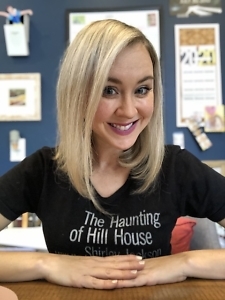
In every century, the authors argue, women and nonbinary people have taken up occult practices in an effort to cultivate power, advance social justice, and reap financial gain. Occult is understood by the authors as “a belief in an unknown world that will open the door to hidden knowledge, knowledge that will make the world a better (and often more equal) place.” All along the way, patriarchal forces have pushed back, positioning the occult in public perception as a way to stigmatize, discredit, and delegitimize those who challenged the dominant culture.
In particular, the Spiritualist movement of the 19th century plays a huge role in the story of women and the occult in the United States. The Fox sisters, “stars in the séance community” and key personalities in the stirring of the movement, confessed that their connection to the spiritual world was but a hoax after achieving fame, fortune, and agency. But later Spiritualists developed genuine roles in social reform, advocating for women’s rights and the abolition of slavery. Sojourner Truth once lived in a Spiritualist community, and Mother Leafy Anderson founded the Black Spiritualist Movement in New Orleans. Kröger and Anderson trace a fascinating through line from these and other early figures to occult intersections with social justice campaigns of the present.
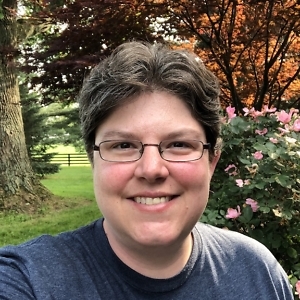
The presence of the occult in the nexus of political power presents an especially fascinating stop on Kröger and Alexander’s journey. Suffragist, free-love advocate, and first-ever female candidate for president Victoria Woodhull was also a medical clairvoyant, once employed by Cornelius Vanderbilt. Astrologers have influenced presidential administrations, from First Lady Florence Harding’s adviser Madame Marcia Champney to Nancy Reagan’s Joan Quigley. In the late 1960s, a group of political activists who called themselves WITCH — The Women’s International Terrorist Conspiracy from Hell — staged protests in witch garb and hexed Wall Street. “WITCH may seem to have receded into our nation’s past,” the authors write, “but its influence on anonymous protest groups who pursue performative acts of protest is clear, especially in our current social media mobilized world of magical political resistance.”
On a related note, as I was working on this review, Satanic Temple, an abortion-rights activist group, was trending on Twitter, illustrating the fact that Toil and Trouble is not only a thorough and efficient study of those who have come before, but a product of its time. Witchcraft and the like are seemingly everywhere these days, a fact hardly lost on the authors. “We are living in a golden age of online witchery,” they write, and the connections between the occult and activism have rarely seemed so clear or mainstream.
In fact, the occult has been a part of my own family’s life since 2020, when my then-12-year-old daughter began a self-guided exploration via TikTok. As it happened, her interests aligned with my own; I had purchased an oracle deck and was nurturing a newfound curiosity about tarot and herbalism. I learned how to make sigils (a type of magical symbol), and my daughter and I created an altar to our ancestors for Samhain.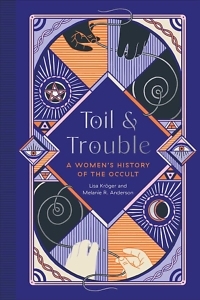
Are we, along with millions of other baby witches, merely riding a faddish broomstick? One could be forgiven for dismissing the current surge in occult interest as a trend tied to generalized anxiety in a culture where dominant religious traditions have diminished influence. But the practices we have explored are connected to the natural world in a way that is deeply satisfying and meaningful, particularly within the context of climate change. Given our family’s lack of other religious beliefs, celebrations around the Wheel of the Year seem as good a way as any for the two of us to connect to each other and the Earth.
“Embracing the occult … at its best, [is] about finding personal power within oneself and then using that power to effect change in societal structures, working towards a more ethical and inclusive narrative,” the authors write. “The occult is inherently nonbinary. It is open to all possibilities. Through the occult, individuals can create new spaces for themselves, while simultaneously dismantling the mainstream stereotypes for how people should identify and behave.” Taken as a whole, the profiles in Toil and Trouble provide a fresh angle on deeply rooted traditions and practices that are now as popular as they are persistent.

Susannah Felts is a writer based in Nashville. She is a columnist for BookPage, and her writing has appeared in The Best American Science and Nature Writing, Joyland, Oxford American, Guernica, Literary Hub, and elsewhere.

